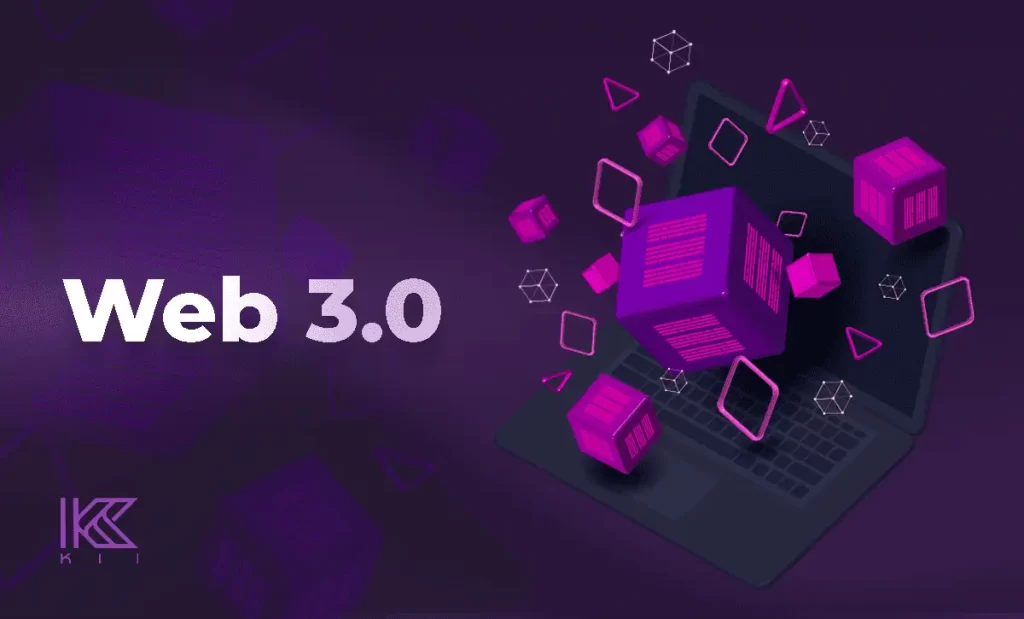In today’s age of technology, it is crucial to understand the constant evolution of the Internet and how it is transforming the way we interact online. One of the terms that has gained relevance in the last year is “Web 3.0”, a natural continuation of previous generations of the web. In order to understand its scope, we must first explore what Web 3.0 is. Also, how it differs from its predecessors and why it is essential to accelerate the adoption of blockchain to boost its growth and development.
What is Web 3.0 and the difference with Web1 and Web2.
Web 3.0 is an update to the Internet world that promises to be more decentralized and autonomous. Previous generations of the web focused on static reading (Web 1.0) and user interaction (Web 2.0). Web 3.0 goes one step further by introducing decentralization as its main feature. It uses technologies such as blockchain and relies on token exchange to empower users and eliminate the need for centralized intermediaries.
The decentralization of the blockchain, the cornerstone of Web 3.0.
Decentralization on Web 3.0 marks a fundamental change in the way we interact online. Instead of relying on centralized servers, users participate in decentralized applications that run on blockchain or P2P networks. For example, in the case of decentralized social networks, users have full control over their data and can interact directly with other users without the need for intermediaries.
Web 3.0, as the underlying technology of blockchain, offers a decentralized approach to storing and verifying information. This decentralized approach in Web 3.0 promotes transparency and autonomy, while eliminating the need to rely on a single centralized entity. This means that users can enjoy greater privacy and security online. On Web 3.0 your data is not stored in a single place vulnerable to cyber attacks or manipulation by third parties.
Guaranteed network security and continuity.
Decentralization in Web 3.0 is essential to ensure resilience and service continuity. In decentralized networks, as exemplified by blockchain, there is no single point of failure that can completely disrupt the operation of the network. For example, in a blockchain network, if some nodes fail due to technical problems or attacks, other nodes can continue verifying and sharing the information. In this way, the network continues to function without interruptions.
Decentralization on the Web 3.0 also offers greater security and trust in online transactions and activities. By distributing responsibility across multiple nodes in the network, the risk of tampering or malicious attacks is reduced. Users can therefore rest assured that their data and transactions are more effectively protected compared to centralized networks, where a single point of failure could compromise the entire network.
The transition towards a decentralized web.
One of the main challenges in web 3.0 adoption is the lack of widespread awareness and understanding of this emerging technology. Many people are still unfamiliar with key web3 concepts such as decentralization and blockchain technology. For example, most Internet users are used to centralized platforms like Facebook or Google, and it can be difficult for them to understand the benefits and differences of a decentralized network like the web3.
Another important challenge is the scalability of web-based applications and platforms3. As more users begin to use decentralized services, such as smart contracts or decentralized exchanges, the network may face congestion issues and slower transaction times. For example, Ethereum, one of the leading blockchains for decentralized applications, has experienced congestion on its network due to increased demand for transactions and smart contracts. This may hinder widespread adoption of web3, as users may be frustrated by the lack of scalability and poor user experience. In summary, web3 adoption faces challenges such as limited awareness and scalability, which must be addressed to drive its acceptance and growth in the future.
Web 3.0 promises an exciting future, where decentralization, security and accessibility are essential. There is no doubt that we are taking the step towards a decentralized and transparent future with Web 3 and hand in hand with blockchain.








